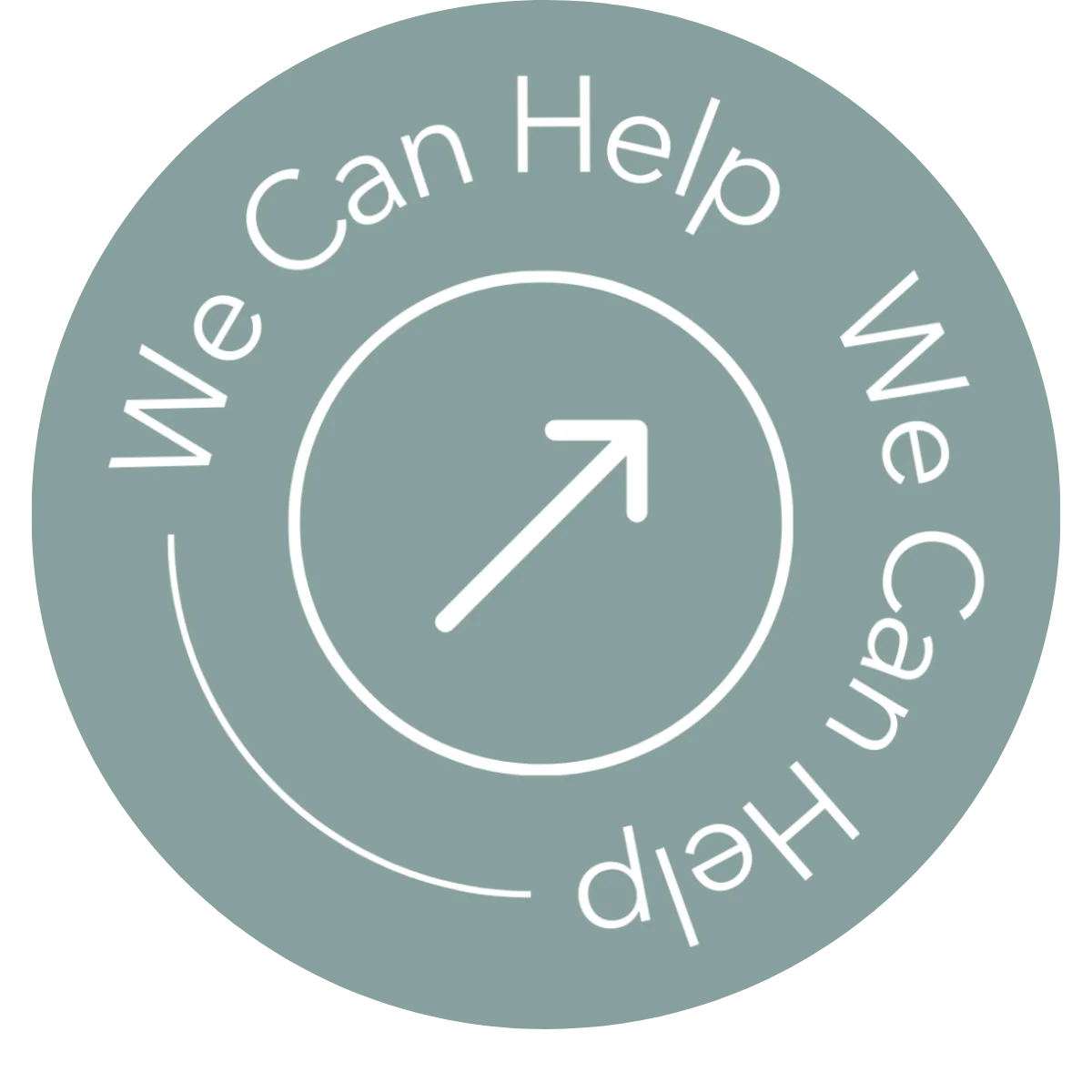Substance Abuse Counseling for Sustainable Recovery
Delve into substance abuse counseling and its significance in helping individuals overcome addiction. Get insights for a healthier, addiction-free life.
What Is the Role of Substance Abuse Counseling in Recovery?
Adolescent family therapy for substance abuse plays a crucial role in the treatment and recovery process for individuals, especially adolescents, with addiction issues.. It provides necessary support, guidance, and therapeutic interventions to help individuals overcome their substance use disorders and achieve long-term recovery.

Understanding the Complex Nature of Addiction
Addiction is a complicated struggle. Substance abuse counseling dives deep into this complexity. It helps individuals understand their addiction and why it happened. This understanding is a vital first step toward recovery.
A Holistic Approach to Treatment
Substance abuse counseling takes a holistic approach to recovery, focusing on the body, mind, and emotions. It helps individuals develop coping skills, manage their mental health, and rebuild their lives.
Evidence-Based Interventions
Substance abuse counseling uses proven methods for recovery. These include therapies like cognitive-behavioral therapy (CBT), motivational enhancement therapy (MET), and SMART Recovery.
These therapies give individuals practical tools for:
- Managing cravings
- Making better choices
- Preventing relapse
Personalized Treatment Plans
Every person’s journey to recovery is unique. Substance abuse counseling creates individualized treatment plans that consider a person’s unique needs, strengths, and challenges. This personal touch increases the chances of successful recovery.
Rebuilding Lives and Communities
What Are the Qualifications and Training Required for Individuals to Become Substance Abuse Counselors?
Becoming a substance abuse counselor requires individuals to go through specialized education. Listed below are the qualifications and training necessary for making a difference in people’s lives.
Educational Requirements
Becoming a substance abuse counselor typically starts with a solid educational foundation, such as a:
- Bachelor’s Degree: Most substance abuse counselors begin with a bachelor’s degree in psychology, counseling, social work, or a related field. This four-year program provides fundamental knowledge in human behavior and psychology.
- Master’s Degree: Some states require a master’s degree in counseling or a related field for licensure. A master’s program delves deeper into counseling techniques and addiction studies.
Certification and Licenses
Certification and licenses ensure that substance abuse counselors meet specific standards. Additionally, they ensure that counselors are well-prepared to help those in need.
These licenses may include:
- Certified Addiction Counselor (CAC): Many states require substance abuse counselors to obtain a CAC certification. To achieve this, individuals must complete a certain number of hours of relevant education.3
- Licensure: In some states, substance abuse counselors must also obtain state licensure. Requirements vary but often include a master’s degree, supervised clinical experience, and passing a state licensure exam.
Specialized Training
Counselors working in the field of addiction often seek additional specialized training:
- Internships: Aspiring substance abuse counselors participate in internships and practicum experiences. These provide hands-on training and the opportunity to work with individuals facing addiction.
- Continuing Education: Staying current with best practices is crucial. Substance abuse counselors often engage in ongoing professional development. The aim is to refine their skills and stay informed about the latest treatment approaches.
How Do Substance Abuse Counselors Assess and Diagnose Addiction-Related Issues in Their Clients?
Here is how substance abuse counselors assess and diagnose addiction issues in their clients:
Building Trust and Rapport
The assessment process begins with building an empathetic relationship with the client. Counselors create a safe and non-judgmental environment. Providing clients with a safe space to share their experiences is the goal.
Biopsychosocial Assessment
Counselors in substance abuse counseling will conduct a biopsychosocial assessment. This includes exploring the client’s medical history, mental health, and social environment.
Assessment Tools
Substance abuse counselors use standardized assessment tools to evaluate addiction severity. These resources provide frameworks for assessment and can help track progress over time.
Motivational Interviewing
Motivational interviewing techniques are used to assess the client’s readiness for change. Counselors support clients in exploring their ambivalence about quitting substance use.
Assessment of Social Factors
Substance abuse counseling experts evaluate the client’s social support system and living environment. They assess whether these factors contribute to or hinder recovery.
What Are the Primary Goals and Objectives of Substance Abuse Counseling?
Substance abuse counseling is a structured and client-centered process. This treatment aims to achieve the following:
Education and Awareness
Clients often lack accurate information about addiction and recovery. Substance abuse counseling includes providing education about the nature of addiction. The program helps individuals understand the effects of addiction on their physical and mental health.
Treatment Planning
Based on the assessment, substance abuse counseling will develop individualized treatment plans. These plans outline the steps, interventions, and goals for the client’s recovery journey.
Choosing Appropriate Interventions
Treatment plans incorporate evidence-based interventions tailored to the client’s needs. These interventions may include:
- Individual counseling
- Group therapy
- Family therapy
- Support group participation
Progress Monitoring
Throughout the substance abuse counseling process, counselors continuously monitor the client’s progress. They assess whether the client is meeting their goals and then make adjustments to the treatment plan as needed.
Support and Accountability
Substance abuse counseling provides ongoing support and accountability. Counselors work closely with clients to:
- Address challenges
- Celebrate successes
- Provide guidance during difficult moments
Common Evidence-Based Approaches Commonly Used in Substance Abuse Counseling
In substance abuse counseling, there are proven methods that are highly effective for treatment. These approaches help people heal from addiction and get their lives back on track.
Some of these helpful methods include:
Motivational Interviewing (MI)
Motivational interviewing is about helping individuals find their own reasons to change. Counselors listen carefully and ask questions to help clients discover why they want to stop using drugs or alcohol.
This approach respects clients’ choices and helps them feel more motivated to seek help and stay sober.
12-Step Facilitation
Imagine having a roadmap to recovery. That’s what 12-step facilitation offers. It’s based on the principles of groups like Alcoholics Anonymous.
Clients follow a structured plan with steps like admitting they have a problem, making amends, and helping others. The key to this approach is to meet with others on the same journey and to get support from them.
Cognitive-Behavioral Therapy (CBT)
CBT helps people understand how their thoughts and actions are connected to their drug or alcohol use. By recognizing risks and negative thinking, clients can learn better ways to cope. This therapy teaches practical skills to make healthier choices and avoid going back to old habits.
Dialectical Behavioral Therapy (DBT)
DBT helps clients deal with strong feelings and tough situations without turning to drugs or alcohol. Four main areas are covered: mindfulness, emotion control, handling distress, and improving relationships. It’s all about emotional strength and better connections with others.
Eye Movement Desensitization and Reprocessing (EMDR)
Sometimes, addiction is linked to past traumas. In fact, 70% of adults receiving substance use treatment had experienced past trauma, according to a recent study.4
EMDR helps clients deal with these painful memories. During EMDR sessions, clients talk about their trauma while utilizing bilateral movement. This helps reduce the emotional pain tied to those memories.
How Do Substance Abuse Counselors Address Co-Occurring Mental Health Conditions?
It’s common for individuals with addiction issues to have co-occurring mental health disorders. These disorders affect over nine million adults in the US.5
Here is how counselors in substance abuse counseling treat these conditions:
Integrated Treatment Plans
One approach is to create an integrated treatment plan. Instead of treating substance abuse and mental health separately, counselors combine therapies. For example, if someone has depression and alcohol addiction, they might receive treatment that addresses both simultaneously.
Medication Management
In some cases, medication is part of the treatment plan. Medications can help:
- Stabilize mood
- Reduce cravings for drugs or alcohol
- Manage anxiety
Counselors work closely with medical professionals to ensure the right medications are used safely.
Personalized Care
Counselors choose therapies that suit the individual’s needs. This could include CBT to manage anxiety or trauma-focused therapy to address past experiences. The goal is to help clients manage mental health symptoms without turning to substances.
Strategies for Life
Substance abuse counseling helps build healthy coping skills. This includes techniques for managing stress, dealing with cravings, and preventing withdrawal. Learning these skills is a key part of recovery.
Staying on Track
Support is essential. Counselors often connect clients with support groups or recovery communities. These provide understanding and encouragement. Plus, relapse prevention plans are made to identify relapse risks and create strategies for staying sober and mentally well.
What Is the Significance of Building Trust Between Counselors and Their Clients?
In addiction treatment, building trust between counselors and clients is paramount. This trust forms the foundation upon which successful recovery is built.
Establishing Safety and Comfort
Creating a safe and comfortable environment is the first task of a counselor in substance abuse counseling. Clients need to feel at ease to share their struggles, fears, and vulnerabilities. Trusting that their counselor will provide a secure space is essential.
Confidentiality
Clients often disclose deeply personal and sometimes painful information. They must believe that this information will remain confidential. Counselors are bound by ethical standards to keep their clients’ information private, reinforcing trust.
Non-Judgmental Attitude
Counselors must approach their clients with a non-judgmental attitude. Addiction is a complex issue with numerous underlying causes. Clients need to feel accepted and respected, no matter their past actions or current challenges.
Consistency and Reliability
Consistency is key in addiction treatment. Clients need to know what to expect from their counselor and that they can rely on them throughout their journey to recovery.
Empowerment and Collaboration
Empowering clients to take an active role in their recovery journey builds trust. Counselors work collaboratively with clients. This allows them to make informed decisions about their treatment.
Navigating Setback
In the process of recovery, setbacks can occur. When they do, clients must trust that their counselor will support them, provide guidance, and hold them accountable for their actions.
Celebrating Successes
Acknowledging and celebrating even small victories reinforces trust. It shows clients that their progress is valued and recognized.
What Is the Role of Relapse Prevention Strategies in Substance Abuse Counseling?
Relapse prevention and coping skills are important parts of substance abuse counseling. Here are some reasons why:
Relapse Is Part of Recovery
Relapse means going back to using substances after trying to quit. It’s not a failure but a common part of getting better. When this happens, counselors teach their clients that it’s okay. The important thing is to keep trying.
Identifying High-Risk Situations
Certain things can make a person want to use substances again. These could be feelings, places, or people. Counselors help clients figure out what these risks are so they can avoid them or deal with them better.
Learning New Ways to Cope
Coping skills are the cornerstone of relapse prevention. Clients learn healthy ways to manage stress, anxiety, and negative emotions without resorting to substance use. These skills can include mindfulness, deep breathing, relaxation techniques, and self-soothing techniques.
Watching for Warning Signs
It is important for clients to pay attention to their thoughts and feelings. This helps them notice if they might be heading toward a relapse. The sooner they see it, the quicker they can get help.
Handling Cravings
Cravings are a common challenge in recovery. Substance abuse counseling teaches clients techniques to manage cravings.
This may include:
- Distraction methods
- Visualization
- Grounding exercises
Making Positive Changes
Counselors assist clients in making positive lifestyle changes, such as adopting a healthier diet, exercise routine, and sleep schedule.
Learning About Relapse
Knowledge is a powerful tool in relapse prevention. Counselors in substance abuse counseling educate clients about the stages of relapse. They do so by emphasizing that relapse begins in the mind before any substance use occurs. This understanding helps clients intervene at the earliest signs.

How Can Ethos Wellness Help?
At Ethos Wellness, we believe in treating the whole person based on their unique circumstances. Our approach to your care is structured into three distinct phases: Restoration, Transformation, and Integration.
Restoration: Fostering Healing and Stability
In the initial phase of your care journey, our primary goal is to restore balance and stability to your life. We begin with a comprehensive assessment to understand your individual needs. Our team of dedicated professionals collaborates with you to design a personalized treatment plan.
Transformation: Nurturing Growth and Change
As you progress in your wellness journey, you’ll enter the Transformation phase. Here, our focus shifts to nurturing growth and change. We employ evidence-based and holistic therapies tailored to your specific needs.
Integration: Sustaining Progress and Well-Being
The final phase of your care with Ethos Wellness is Integration. Here, we emphasize sustaining the progress you’ve made to maintain well-being.
We help you develop essential executive function skills and resilience-building techniques. Therapy and education ensure that your support system is able to contribute positively.
Cultivating Holistic Wellness
Throughout your journey with Ethos Wellness, we take a holistic approach to your well-being. The social, cultural, and spiritual dimensions of your health are also considered. This comprehensive perspective allows us to provide care that is truly tailored to you.
A Compassionate and Empowering Environment
At Ethos Wellness, we provide a compassionate and empowering environment. Our aim is to help you embark on your journey to wellness with confidence. You will receive unwavering support, guidance, and expertise from our team of skilled professionals.
Start Your Mental Health Journey with Ethos Wellness
No matter where you are in your life or your journey to wellness, Ethos Wellness is here to help. Together, we can restore balance, nurture growth, and sustain well-being for a brighter, more fulfilling future.
Resources
- https://www.hhs.gov/about/news/2023/01/04/samhsa-announces-national-survey-drug-use-health-results-detailing-mental-illness-substance-use-levels-2021.html
- https://www.ncbi.nlm.nih.gov/books/NBK424861/#:~:text=Implementation%20of%20evidence%2Dbased%20interventions,%247%20in%20criminal%20justice%20costs.&text=Yet%2C%20effective%20prevention%20interventions%20are%20highly%20underused
- https://health.maryland.gov/bopc/Pages/cacad.aspx
- https://www.ncbi.nlm.nih.gov/pmc/articles/PMC3051362/#:~:text=In%20surveys%20of%20adolescents%20receiving,a%20history%20of%20trauma%20exposure.&text=Furthermore%2C%20some%20studies%20showed%20that,is%20not%20restricted%20to%20PTSD.
- https://www.samhsa.gov/medications-substance-use-disorders/medications-counseling-related-conditions/co-occurring-disorders


